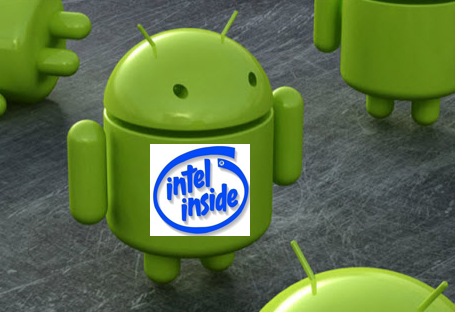The winners and losers of the Android/Intel deal


Besides Intel, other winners of the deal with Google are OEMs already fluently speaking Intel yet not already on the Android team. There must be some out there but I can't put my finger on which companies that might be. All of the big players in the mobile space are already churning out Android phones and/or tablets on ARM-based chipsets. There must be some companies out there that were waiting for Android to support x86.
Straddling the winner/loser fence is Google itself, as it now has a pretty monumental task to fork its increasingly complex Android development task to include Intel's x86 architecture. It is already discovering how hard it is to work with just the ARM platform, as the number of Android versions in the market indicates. It recently admitted that the next big thing in Android, Ice Cream Sandwich, while originally planned to be a major update that brings smartphones and tablets onto one version, would instead be a minor update. The version after that, thought to be Jelly Bean, will adopt the role of device consolidation.
Now Google has to do all of this Android updating/developing/consolidating for both the ARM and x86 platforms going forward. While it's certainly a winner picking up an entire hardware platform to expand into, Google may find that its Android effort is stretched to the limit with two totally different sets of code to grow. It may be a winner and a loser with this Intel deal.
The biggest potential winner with this Android partnership is none other than Apple. Its current business plan of suing companies using Android one at a time, and in one country at a time, just got a potential new set of companies to go after. Apple may need to hire a second legal team for the Intel side of things.
Related:
- Microsoft to developers: Metro is your future
- Microsoft’s Windows 8: Here’s what we now know (and don’t)
- Windows 8 unveiled
- Where am I working right now? Thanks to mobile tech you cannot tell
- My dream tablet will likely have a Windows sticker on it
- Intel promises Ultrabooks will become Tablet PCs
- The frustrating experience that is Android Honeycomb on tablets